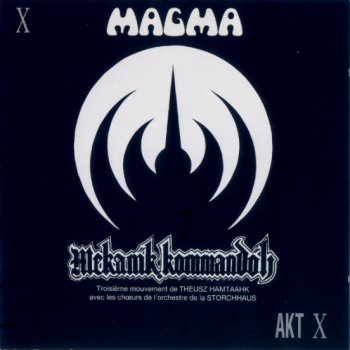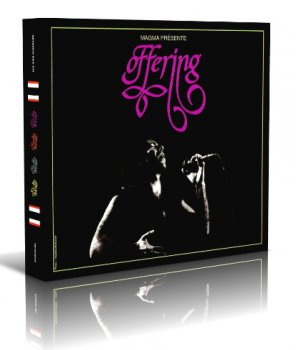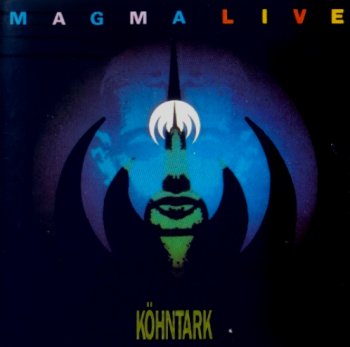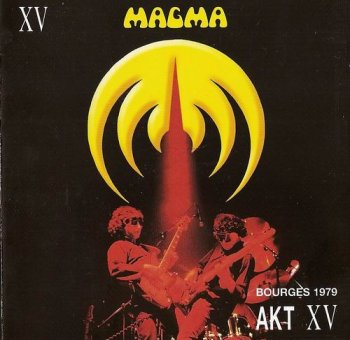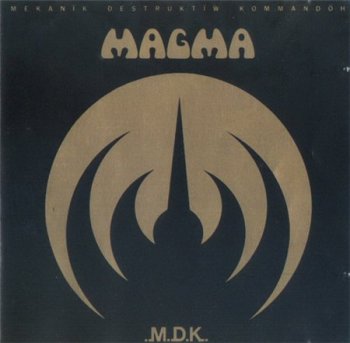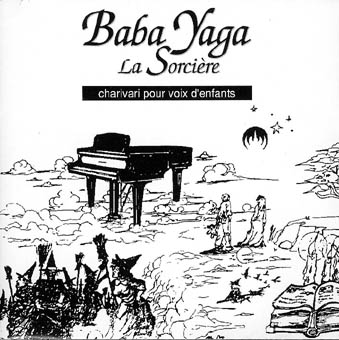The Guess Who - Canned Wheat (2024 Remaster) 1969
Исполнитель: The Guess Who Альбом: Canned Wheat (2024 Remaster) Жанр: Rock, Pop Rock, Psychedelic Rock Год: (2024) 1969 Страна: Canada (Winnipeg, Manitoba) Лейбл: Legacy Recordings Формат: FLAC (tracks) Official DR value: DR11 Разрядность: 24bit / 96kHz Stereo Размер: 875 MB Инфо: bandcamp Залито на: XFile (3% восстановление) «Exclusive for Lossless-Galaxy»
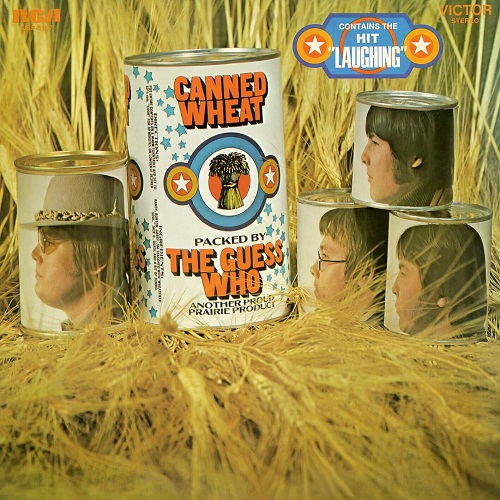
The Guess Who - Canned Wheat (2024 Remaster) 1969
Исполнитель: The Guess Who Альбом: Canned Wheat (2024 Remaster) Жанр: Rock, Pop Rock, Psychedelic Rock Год: (2024) 1969 Страна: Canada (Winnipeg, Manitoba) Лейбл: Legacy Recordings Формат: FLAC (tracks) Official DR value: DR11 Разрядность: 24bit / 96kHz Stereo Размер: 875 MB Инфо: bandcamp Залито на: XFile (3% восстановление) «Exclusive for Lossless-Galaxy»
08 11, 2024
Impellitteri - War Machine 2024
Исполнитель: Impellitteri Альбом: War Machine Жанр: Heavy Metal, Power Metal, Shred Год: 2024 Страна: USA (Los Angeles, California) Лейбл: Frontiers Records s.r.l. Формат: FLAC (tracks) Official DR value: DR6 Разрядность: 24bit / 44.1kHz Stereo Размер: 525 MB Инфо: metal-archives Залито на: XFile (3% восстановление) «Exclusive for Lossless-Galaxy»
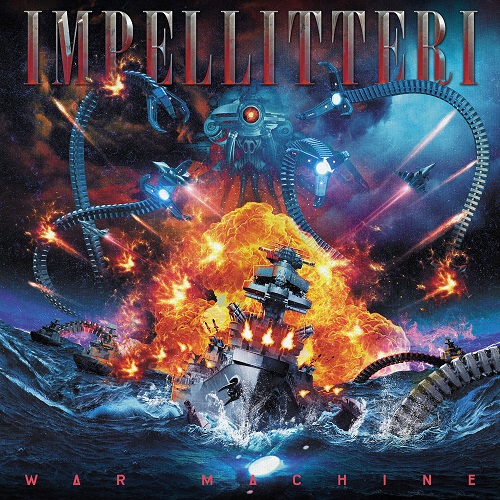
Impellitteri - War Machine 2024
Исполнитель: Impellitteri Альбом: War Machine Жанр: Heavy Metal, Power Metal, Shred Год: 2024 Страна: USA (Los Angeles, California) Лейбл: Frontiers Records s.r.l. Формат: FLAC (tracks) Official DR value: DR6 Разрядность: 24bit / 44.1kHz Stereo Размер: 525 MB Инфо: metal-archives Залито на: XFile (3% восстановление) «Exclusive for Lossless-Galaxy»
07 11, 2024
Neal Morse & The Resonance - No Hill For A Climber 2024
Исполнитель: Neal Morse & The Resonance Альбом: No Hill For A Climber Жанр: Progressive Rock Год: 2024 Страна: USA (Van Nuys, California) Лейбл: InsideOutMusic Формат: FLAC (tracks) Official DR value: DR9 Разрядность: 24bit / 48kHz Stereo Размер: 469 MB Инфо: progarchives Залито на: XFile (3% восстановление) «Exclusive for Lossless-Galaxy»
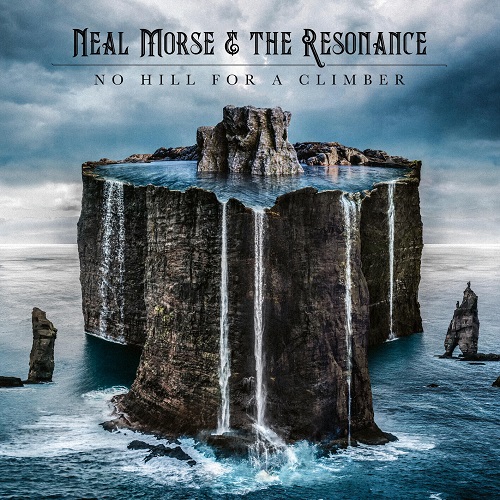
Neal Morse & The Resonance - No Hill For A Climber 2024
Исполнитель: Neal Morse & The Resonance Альбом: No Hill For A Climber Жанр: Progressive Rock Год: 2024 Страна: USA (Van Nuys, California) Лейбл: InsideOutMusic Формат: FLAC (tracks) Official DR value: DR9 Разрядность: 24bit / 48kHz Stereo Размер: 469 MB Инфо: progarchives Залито на: XFile (3% восстановление) «Exclusive for Lossless-Galaxy»
07 11, 2024
Жанры
Lossless Galaxy Release
Русская музыка
--Поп
--Рок
--Панк
--Альтернатива
--Металл
--Рэп, Хип-Хоп, R'n'B
--Джаз и Блюз
--Фолк
--Шансон, Авторская песня
--СССР
Зарубежная музыка
--Pop
--Rock
--Hard Rock
--Progressive & Art-Rock
--Pop-Rock & Soft Rock
--Instrumental Rock
--Heavy, Traditional, Industrial Metal
--Power, Gothic, Sympho Metal
--Thrash, Speed, Groove, Modern Metal
--Death, Melodic Death, Doom, Dark Metal
--Black, Pagan, Folk, Viking Metal
--Alternative
--Punk
--Disco, Eurodance
--Rap, Hip Hop, R'n'B
--Reggae, Ska, Dub
--Jazz, Blues, Soul
--Folk, Country, Ethnic
--Electronic, Ambient, New Wave
--House, Techno, Trance
Другие жанры
--New Age, Relax, Meditative & Flamenco
--Chillout, Lounge, Downtempo, Trip-Hop
--Drum & Bass, Jungle, Breakbeat, IDM
--Classical / Классическая музыка
--Soundtrack
--Музыкальные сказки
Vinyl Rip
HI-Res / DVD-Audio / DTS
--SACD
--DSD
--DVD-Audio
Сборники Lossless-Galaxy
Альбомы 2022
Альбомы 2023
Теги
1st Press 2022 2023 2024 70... AOR Black Metal Blues Blues Rock Bootleg Series Classic Rock Death Metal Discography DSD Exclusive for Lossless-Galaxy Folk Rock Gothic Metal Hard Rock Heavy Metal Hi-Res Japanese Edition Jazz Jazz Rock Limited Edition lossless Melodic Death Metal Melodic Rock Modern Electric Blues Pop Pop Rock Power Metal Prog Rock Progressive Metal Progressive Rock Psychedelic Rock Rock SACD Symphonic Metal Thrash Metal Дискографии от KoGGaN
 Автор: ricochetd, 11 февраля 2010, Комментариев: 0, Просмотров: 2 586
Автор: ricochetd, 11 февраля 2010, Комментариев: 0, Просмотров: 2 586Magma - Mekanik Kommandoh 1973
Исполнитель: Magma
Альбом: Mekanïk Kommandöh - AKT X
Жанр: Progressive Rock, RIO, Zeuhl
Страна: France
Формат: APE (image + .cue) with log
Битрейт аудио: lossless
Размер: 202 mb
Дополнительно: Full scans
Альбом: Mekanïk Kommandöh - AKT X
Жанр: Progressive Rock, RIO, Zeuhl
Страна: France
Формат: APE (image + .cue) with log
Битрейт аудио: lossless
Размер: 202 mb
Дополнительно: Full scans
Magma's most infamous piece has been the recipient of endless praise and bewilderment from fringe music fans for almost thirty years. The odd-meters, massed choral voices, and endless repetition of themes have provoked everything from admiration and wonder, to cries of bombast and overly pretensious aims. And lest you think these reactions overwhelming, this is a tale of interplanetary warfare, the fate of the human species, and alien cannons the size of China. Yes, those were heady days, and darned if Christian Vander wasn't going to make sure he got this piece right.
Line up:
René Garber "Stündëhr", bass clarinet, vocals;
Jean-Luc Manderlier, keyboards;
Jean-Pierre Lembert, bass;
Christian Vander, drums, vocals, organ, percussion
Klaus Blasquiz, vocals, percussion;
Stella Vander, vocals;
The Choir of Storchhaus, vocals;
Tracklist:
1. Mekanïk Destruktïw Kommandöh — 38:46
Line up:
René Garber "Stündëhr", bass clarinet, vocals;
Jean-Luc Manderlier, keyboards;
Jean-Pierre Lembert, bass;
Christian Vander, drums, vocals, organ, percussion
Klaus Blasquiz, vocals, percussion;
Stella Vander, vocals;
The Choir of Storchhaus, vocals;
Tracklist:
1. Mekanïk Destruktïw Kommandöh — 38:46
Внимание! У Вас нет прав для просмотра скрытого текста.
Похожие новости:
Комментарии отсутствуют
Добавить комментарий!
Информация
Посетители, находящиеся в группе Гости, не могут оставлять комментарии к данной публикации.
